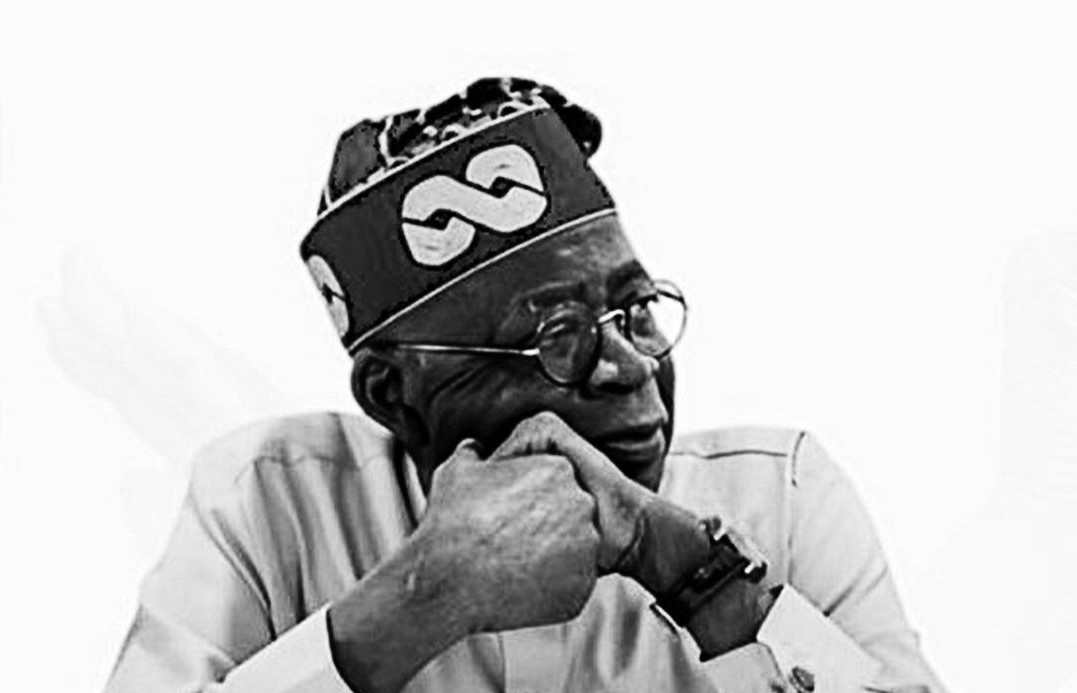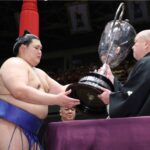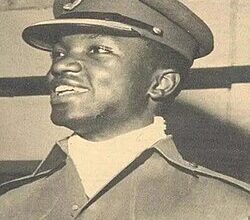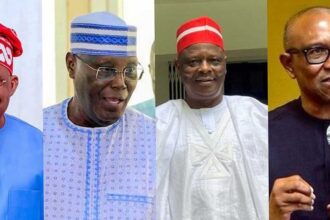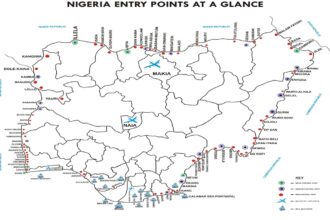Ernest Osogbue
On the very podium of his swearing-in on May 29th, 2023, Bola Ahmed Tinubu unwittingly announced the direction of his government by a single phrase; “subsidy is gone.” That phrase made it clear that his government would not be business as usual.
Business as usual in the sense that the fuel subsidy regime put in place by the federal government over the years to cushion transportation costs for citizens had become an albatross on the neck of different administrations. It got to a point where no administration could summon the courage to remove the subsidy for fear of public backlash. However, it became clear that the removal of subsidy would free up much-needed finances for capital projects due to dwindling financial fortunes and a burgeoning population. Also, the subsidy regime had become a cash cow for a few unscrupulous and well-connected Nigerians, who were feeding fat at the expense of the majority. The courage of President Tinubu on that inauguration day was therefore applauded by many.
Before the elections, however, I had taken stock of the leading presidential candidates with a view to making the best choice of whom to vote. Part of the criteria used for this assessment, were; knowledge of the sociopolitical dynamics of Nigeria; knowledge, and ability to manage the religious and ethnic6 mix in Nigeria; economic management ability; overall ability to bring Nigerians together; international clout, and ability to sell Nigeria on the global stage; etc.
Peter Obi was eliminated out of the three major candidates of Atiku Abubakar; Bola Tinubu and the labor Party flagbearer. The reason was that Obi had the least experience in understanding the political, ethnic, and religious interplay in Nigeria and how they affect governance at the highest levels. Before now, Atiku and Tinubu had been building bridges across Nigeria. Obi’s supporters may not agree, but Obi was new at the national political level, where he only came into prominence in 2019 as Atiku Abubakar’s running-mate. Before then, he was only politically involved at the regional level in the southeast. We were then left with Atiku and Tinubu. Buhari had just concluded an eight year tenure, and by simple logic of the ethnic, religious, tribal, and regional interplay in Nigeria, a Southerner should necessarily succeed Buhari. This and other considerations enabled this writer to decide to support BAT for the presidency, despite his opting for a Moslem-Moslem ticket.
The subsidy removal, which President Tinubu announced on day one, received an immediate push back from the labor unions and civil society. Several strike actions and protests were organized in resistance. In the end, however, President Tinubu settled down to govern, and today, we’re marking two years or, rather, the midterm of his administration. How has the subsidy removal been managed? What is the situation in the country? Are citizens better or worse off?
In assessing a government, it is usually uncharitable to give a yes or no answer in its performance. There are usually gains and losses in the life span of any administration. In terms of subsidy management, the government claims that palliatives were extended to citizens, and the launching of the CNG model to lower transportation costs was also initiated.
In terms of palliative, this writer has never been witness to the issuance of any palliative. I was never a beneficiary and have never met a beneficiary. On the issue of CNG, I have witnessed CNG vehicles on our roads, I am equally aware that the Airport taxi association at the Nnamdi Azikiwe International Airport Abuja, and it’s members, were kitted with CNG, free of charge by the federal government, with a view to lowering transportation costs to and from the airport. As I write, the above association and its members still charge citizens on the basis of PMS.
In the last two years, PBAT has come up with some novel ideas and legislations aimed at redefining Nigeria. The challenge, however, is that reformist governments are usually never popular governments anywhere in the world. Be that as it may, PBAT could have done more to endear himself to the people by deliberately seeking their buy-in to his policies. He should have been more sensitive to the yearnings of ordinary citizens. I, however, blame the minister of information for not fully understanding, and therefore has been unable to sell the president’s vision to the people.
Subsidy removal subsequently freed up more money for the federal government and its affiliates. As I write, state governors receive more than three times their usual allocation under President Buhari, same goes for LGA’s, and the National Assembly. The question, therefore, is, what has been the impact of these extra monies on the lives of citizens? To compound the matter, rather than run lean and austere governments, governors and legislators are living larger than life, running flamboyant administrations, with the president acquiring new aircraft and new cars.
For the citizens, transportation fares have increased by over 400% since BAT became the president. On top of this, electricity tariff was increased, telephone and data charges were increased, the cost of goods and services, especially food items, increased, and rents have tripled. Yet, only a marginal increase in the minimum wage was implemented by the government.
As I write, many citizens now sleep in their offices. They resume work on Monday and stay over until after work on Friday before going home. This is the only way they can cover transportation. Many car owners have dumped their cars, preferring to move by public transport, which is comparatively cheaper.
There is no doubt that in the last two years of the Tinubu administration, citizens have been pushed beyond their limit. It is as if the government is only there to serve a few people. Citizens are crying, but no one seems to care.
The worst of all is that this is happening when state governors are having the best time of their lives. They’re swimming in Naira, dollars, and pounds. The legislators are not left out. Their budget has quadrupled. Big companies like banks and other financial institutions are declaring jumbo profits. The list of Nigerian billionaires has increased. Under these same circumstances, the number of Nigerians who can not pay their children’s school fees, their house rent, feed their families, and meet the medical and other miscellaneous needs have increased. It is as if President Tinubu is taking from the poor to finance the lifestyles of the rich. The president has called on Nigerians to make sacrifices, but everywhere you look, only the poor masses are bearing the brunt of the president’s reforms.
What a great reformer President Tinubu has been. On this day of his midterm, I salute him. I also wish to appreciate him for making Nigerians poorer in order to make his rich cronies richer. God bless Nigeria.

